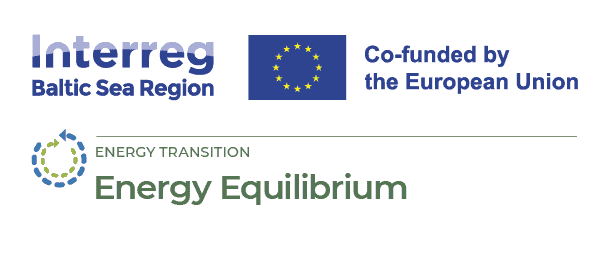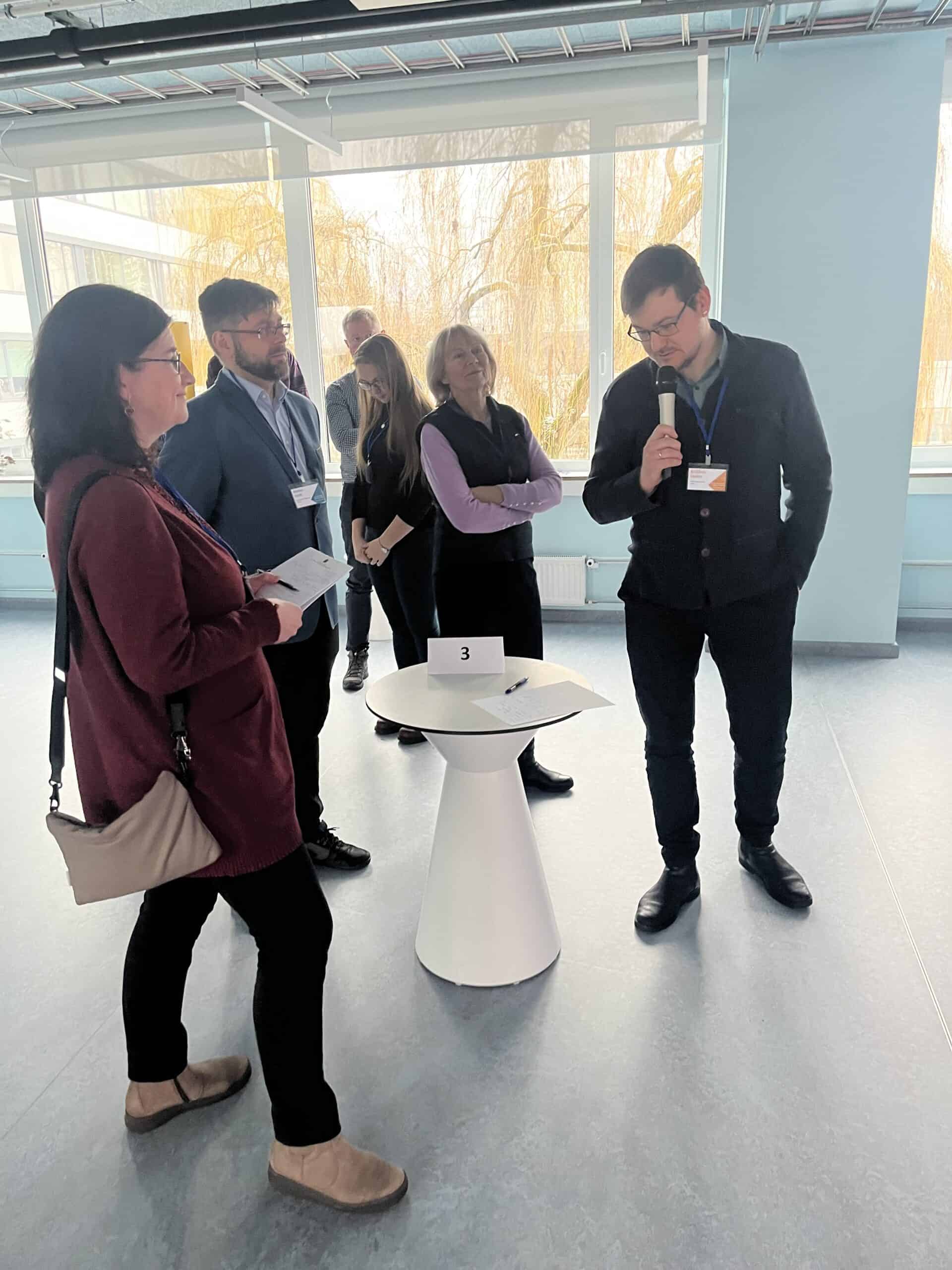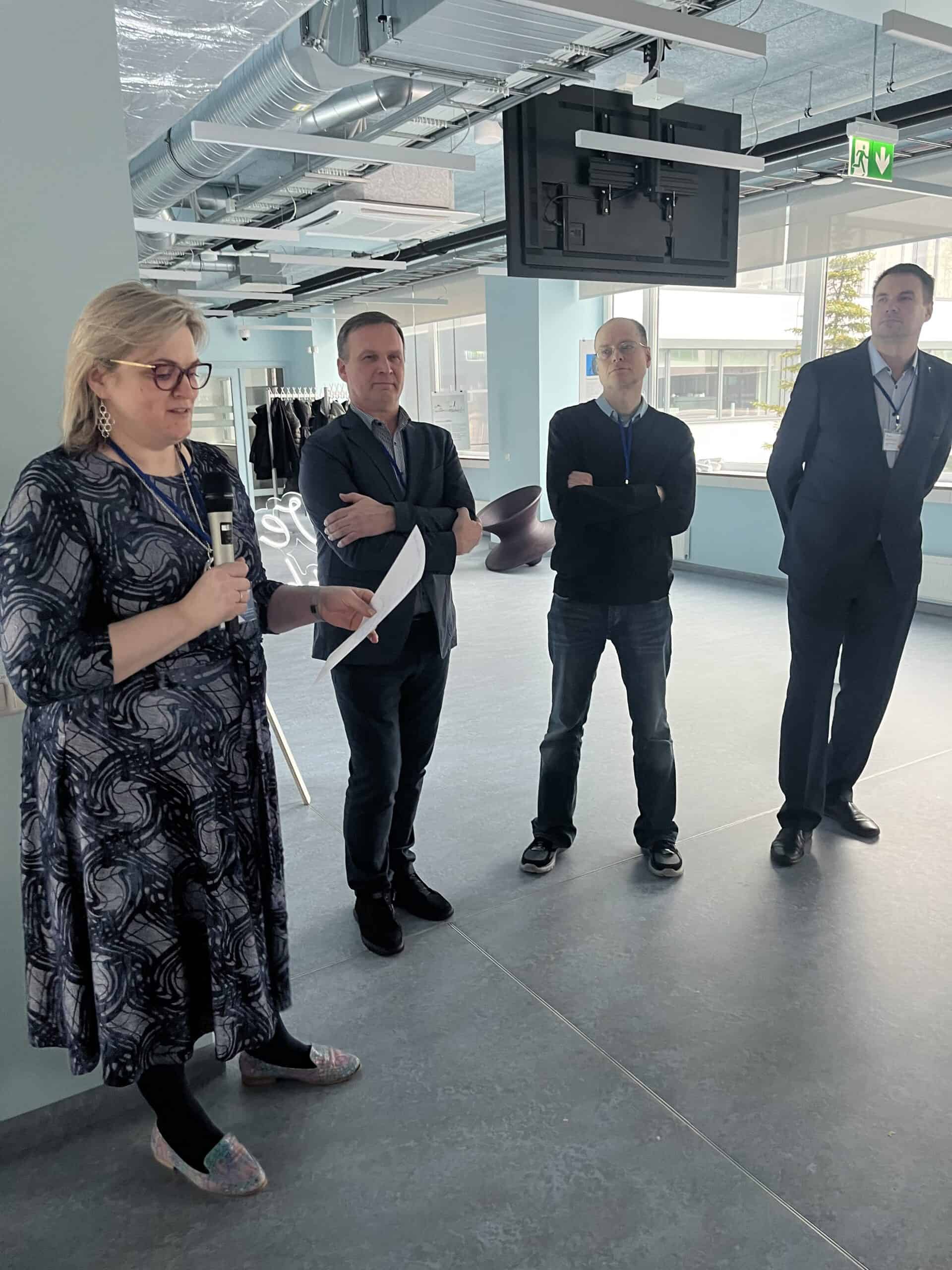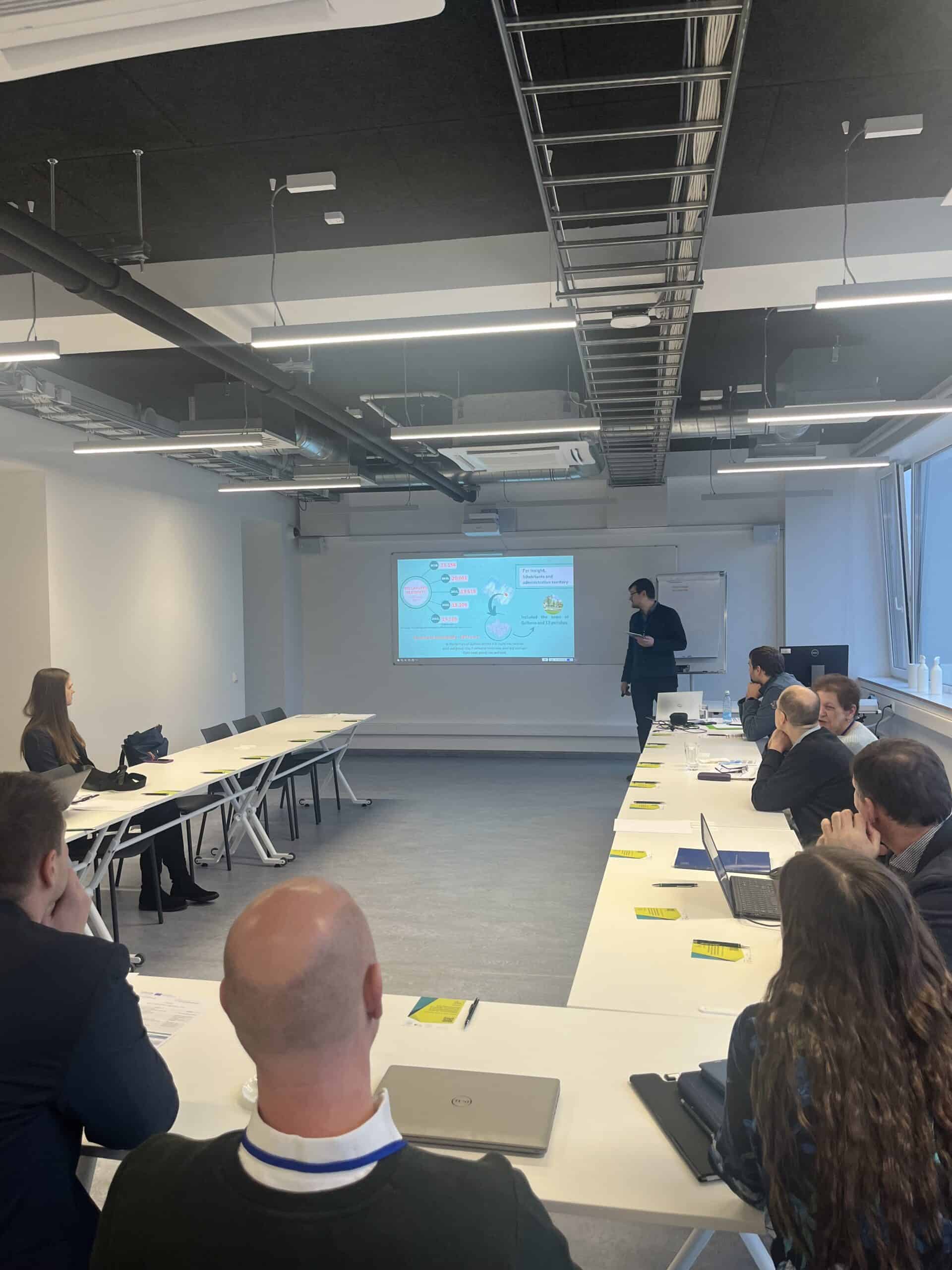
Empowering Municipalities with Energy Modeling for Smarter Transition Decisions
06 June 2024
As municipalities play an increasingly vital role in achieving climate neutrality, the pressure to adapt to innovations and meet the growing climate neutrality requirements is significant. With the local energy system shifting towards greater integration of renewable energy, new challenges emerge, particularly around variability and system flexibility. In this article, we explore how Gulbene Municipality is addressing these challenges and what barriers exist in deploying energy storage solutions to ensure a sustainable long-term energy system.
We interviewed five representatives from the Gulbene municipality to find insights into how they perceive energy storage alternatives and their implementation challenges in the municipal energy system.
What are the key challenges in ensuring a successful green energy transition, particularly in relation to the development of energy storage infrastructure?
One of the biggest challenges is the lack of knowledgeable individuals and professionals to oversee such development projects, including the development of energy storage infrastructure.
One of the significant challenges you’ve mentioned is the lack of knowledge. Can you elaborate on how this issue impacts the green energy transition, particularly in terms of developing energy storage infrastructure?
We see that there are psychological barriers, such as a lack of knowledge about available technologies and their benefits. If the technology is unknown, municipalities tend not to choose it because they need to be able to operate it and understand in detail how the system works. If the municipality’s knowledge level is limited, they may not even consider a technology as a possible option because they do not know anything about it. This lack of knowledge also impacts decision-making regarding possible future directions. Without understanding how the technology works and having the necessary experts and professionals available, the municipality is afraid of what will happen in operation. We’ve seen this already with a simple system like a pellet boiler; it is difficult to find suitable professionals who can keep the system operating properly. This could be a big obstacle if there is no one at the plant who can maintain and manage the technology properly.
How would you evaluate the municipality’s current knowledge on energy storage solutions available, and what is the current perception of storage’s role in the local energy system?
Our knowledge of batteries is higher than for other storage technologies, as 10 kW batteries are already installed in the municipality building and integrated into the overall solar power system. Although the cost of batteries has decreased somewhat, they are still quite expensive relative to their benefits. These batteries can store about one hour of electricity, but in terms of cost, they represent one-third of the total initial capital investment for the solar power plant. In winter, when solar power is not available to charge the battery, the plant draws power from the grid. Knowledge of hydrogen in the municipality is low, but we see that hydrogen production and storage solutions will develop rapidly in the future, and then the municipality would have to consider whether to use hydrogen and in which energy consumption groups. It is important to understand what the optimal integration of hydrogen into the current energy system might look like. We assume that public transportation would be the most appropriate use of hydrogen. At present, hydrogen technologies could be important for large cities’ public transportation, but most municipalities are in no hurry to rapidly deploy hydrogen and are waiting for greater certainty in the technology. Since our municipality does not use natural gas in its heating systems, we do not foresee developing hydrogen and biomethane production and storage infrastructure in the near future.
In your opinion, what should be done to improve the knowledge of municipalities on energy storage technologies?
Collaboration and knowledge exchange between other municipalities and field specialists is very important. Therefore, Gulbene Municipality seeks opportunities to participate in projects that allow us to gain new knowledge and experience.
Gulbene municipality together with partners from six countries around the Baltic Sea Region is implementing Energy Equilibrium project which aims to offer a solution to complex decision-making related to energy transition issues in local energy system.
The Energy Equilibrium project has developed the Energy Equilibrium platform, an innovative tool designed to provide municipalities and local energy suppliers with interactive energy modeling opportunities, accessible online to everyone. The platform aims to support local public authorities in making informed decisions, helping the development of efficient action plans to accelerate local renewable energy sources utilization and energy storage integration in the region.
What is the added value of the Energy Equilibrium platform?
The Energy Equilibrium platform provides significant value by enabling municipalities to calculate and analyze various future energy system development scenarios and identify the optimal solution. It allows us to simulate and visually display the system’s environmental impact, total system costs, and payback time, offering a comprehensive analysis from multiple perspectives.
Energy Equilibrium platform was piloted in six municipalities of the Baltic Sea Region (Gulbene, Tukums, Taurage, Tomelilla, Mikolajki Pomorskie, and Wejherowo municipalities), revealing opportunities for energy sector decarbonization and energy storage potential.
We encourage other municipalities, local energy suppliers, energy associations and consultants to explore and try out the Energy Equilibrium platform to see how it can support your energy system planning and decision-making processes. You can try out the platform yourself here!
What’s next?
Energy Equilibrium is committed to driving forward the development of innovative solutions that accelerate local energy transitions. Our next steps involve creating comprehensive guidelines “Roadmap for Renewable Energy Transition in BSR Municipalities.” These guidelines are designed to help energy agencies, energy supply companies, local public authorities, and interest groups with efficient energy planning and the development of actionable plans at the municipal level. A key focus will be on the role of renewable energy storage in achieving a carbon-neutral energy system.
Stay updated on our progress by following our project page.
This article is published as Project story according to the Interreg BSR project Communication requirements.








